The diversified agricultural ecosystem of Michigan faces some very unique challenges when winter approaches. When winterizing the land on their own, farmers need to take proactive care for soil health and crop survival through the freezing temperatures. Such focused strategies will protect not just your farmland but also ensure a healthy spring growth.
Understanding Frost and Its Effects on Michigan Farmland
![]() What Is Frost, and Why Does It Matter?
What Is Frost, and Why Does It Matter?
Frost occurs when the temperature drops below the freezing point, and ice crystals are formed on plant and soil surfaces. In general, frost is an indicator of several things for a Michigan farmer: compacted soil, root systems of plants being damaged, and stunted crop growth. Knowledge of the patterns and impacts of frost are critical in developing proper protection measures.
Michigan’s Frost Trends
Michigan gets a lot of frost being further north and close to the Great Lakes. You will have to know the weather patterns of the area you will be working in. This is so you can determine when you need to cover your property and crops.
Soil Protection Strategies for Winter
![]() Using Cover Crops to Protect Soil
Using Cover Crops to Protect Soil
Cover crops prevent soil erosion, enhance its fertility, and protect it against frost. Winter rye, clover, and field peas are the best cover crops to use in Michigan as they catch and hold moisture, reduce nutrient runoff, and protect topsoil from freezing.
Applying Mulch to Insulate Soil
A thick layer of organic mulch serves as a barrier that prevents the frost from penetrating too deeply. Straw, wood chips or shredded leaves are relatively inexpensive in most parts of Michigan. The timing of the mulching into late fall is critical in maximizing the benefit.
Soil Testing and Nutrient Boosting
Testing your soil prior to winter offers a chance to attend to deficiencies and make certain that nutritional levels are proper. Addition of organic matter such as compost or manure will improve soil structure in preparation for spring planting.
Protection of Crops from Frost Damage
![]() Selecting Robust Crop Varieties
Selecting Robust Crop Varieties
Some crops are more tolerant of frost than others. Vegetables such as kale, carrots and Brussels sprouts are cool-season vegetables that could tolerate the chill, thus be a good choice for those cold Michigan winters.
Row Covers and Frost Blankets
Row covers can offer quite reasonable frost protection. This lightweight fabric can trap some heat rising from the soil and create a rather microclimate around plants that can be considerably warmer than the general air temperature. Timing of installation is very critical for maximum benefit.
Timing Planting and Harvesting
Adjust the planting and harvest dates to reduce frost exposure. Early-season crops should be harvested before the first frost occurs. Cold-tolerant varieties can remain in the field longer.
Preparing Water Systems for Freezing Weather
![]() Draining and Winterizing Irrigation Equipment
Draining and Winterizing Irrigation Equipment
Irrigation systems that are not winterized correctly will likely be damaged over the winter months. Drain all pipes and hoses, and store portable equipment in a dry, protected location.
Enhance Field Drainage
Winter waterlogging can be very devastating for soils and crops. Ensure your drainage systems are operational to prevent the accumulation of water that promotes frost heaving. If necessary, grade the fields or install drain tiles.
Farm Equipment and Building Maintenance
![]() Storing Equipment Safely
Storing Equipment Safely
You need to clean, grease, and store your farm equipment somewhere dry so that they don’t rust and freeze up. These are some of the maintenance jobs that will extend the life of the equipment.
Winterizing Farm Structures
Inspect barns, silos, and storage facilities for leaks, drafts, and other vulnerable areas. Key areas of insulation will help prevent frost damage and maintain the integrity of your structures.
Dealing with Wildlife Problems in Winter
![]() Keeping Wildlife Out
Keeping Wildlife Out
Animals like deer and rabbits will find their food and shelter on the farm; this is most true during winter. The property and crops can be protected with fencing and natural repellants.
Providing Other Food Options
Supplemental feeding of wildlife takes the pressure off of your crops while supplementing the local ecosystems.
Ongoing Monitoring and Maintenance
Routine Checkups
Check out your fields, buildings, and gear every now and then to spot any problems popping up, like frost damage or erosion.
Adaptation to Weather Conditions
Winters in Michigan can be pretty unpredictable so keep an eye out for changes in weather conditions and change your methods accordingly.
Frequently Asked Questions (FAQs):
What are the coolest cover crops for winters in Michigan?
Winter rye, clover, and field peas are all great options for Michigan weather as they are hardy and incredibly good for the soil.
How do I keep my irrigation system from freezing up?
Run all water out of pipes and hoses, and store them inside, or in a covered area, to prevent freeze damage.
When do I apply mulch to protect the soil?
Apply mulch in late fall, just before the ground freezes, to insulate the soil as well as possible.
Are certain crops better suited for wintertime?
Yes, cool–season crops like kale, Brussels sprouts, and winter carrots are happy in Michigan cool temperatures.
How do I find out if my soil requires amendments going into winter?
A soil test will reveal nutrient deficiencies and pH imbalances so that you can determine what should be amended this fall in advance of winter.
Conclusion
Most farmlands in Michigan are well prepared for winter, usually with a good deal of forethought and great attention to details. You can reduce the harsh effects of frost on soil, crops, water systems, and infrastructure by providing protection. Put these strategies into action today to make sure your investment and lands are safe for the future.
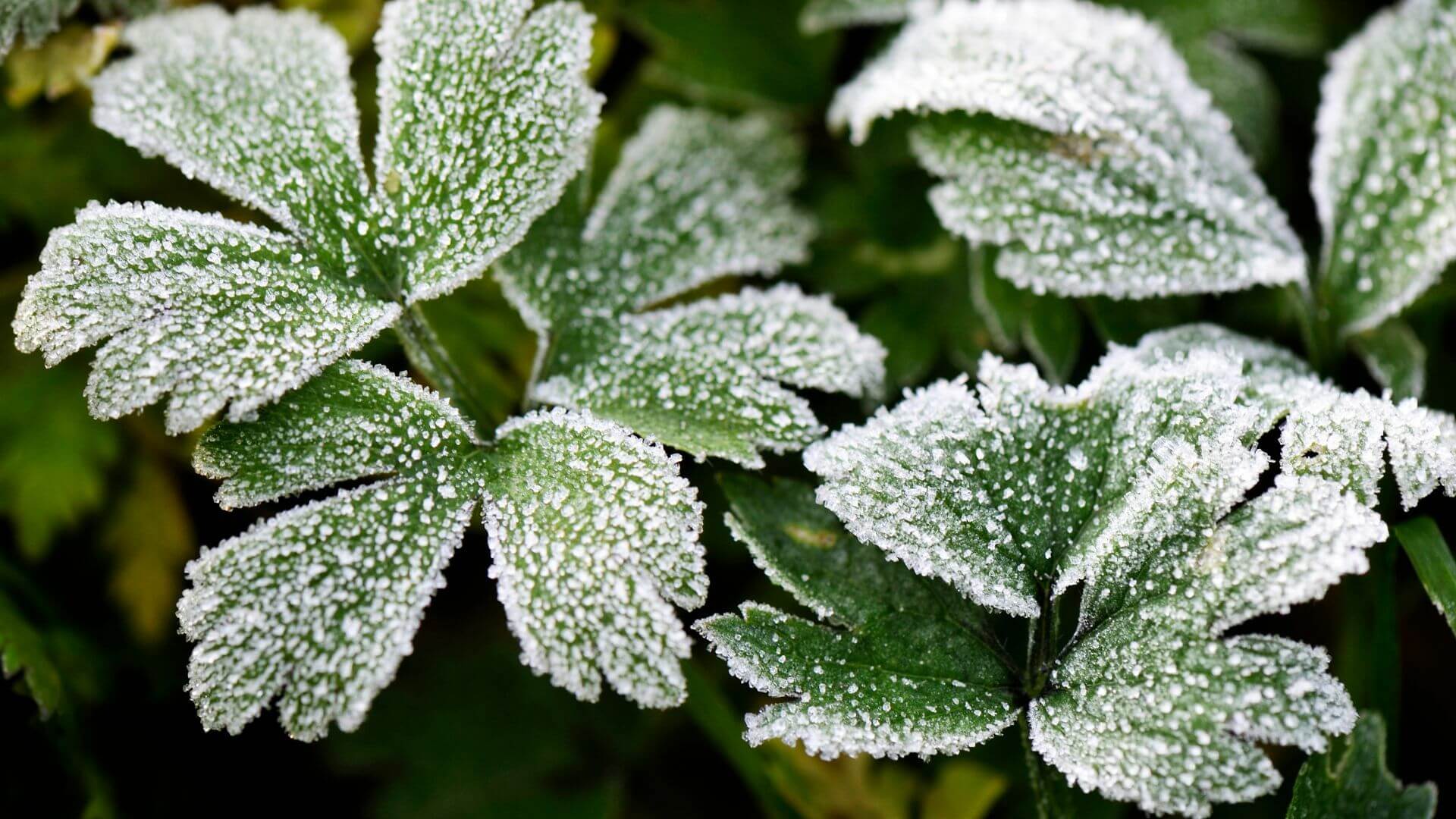 What Is Frost, and Why Does It Matter?
What Is Frost, and Why Does It Matter?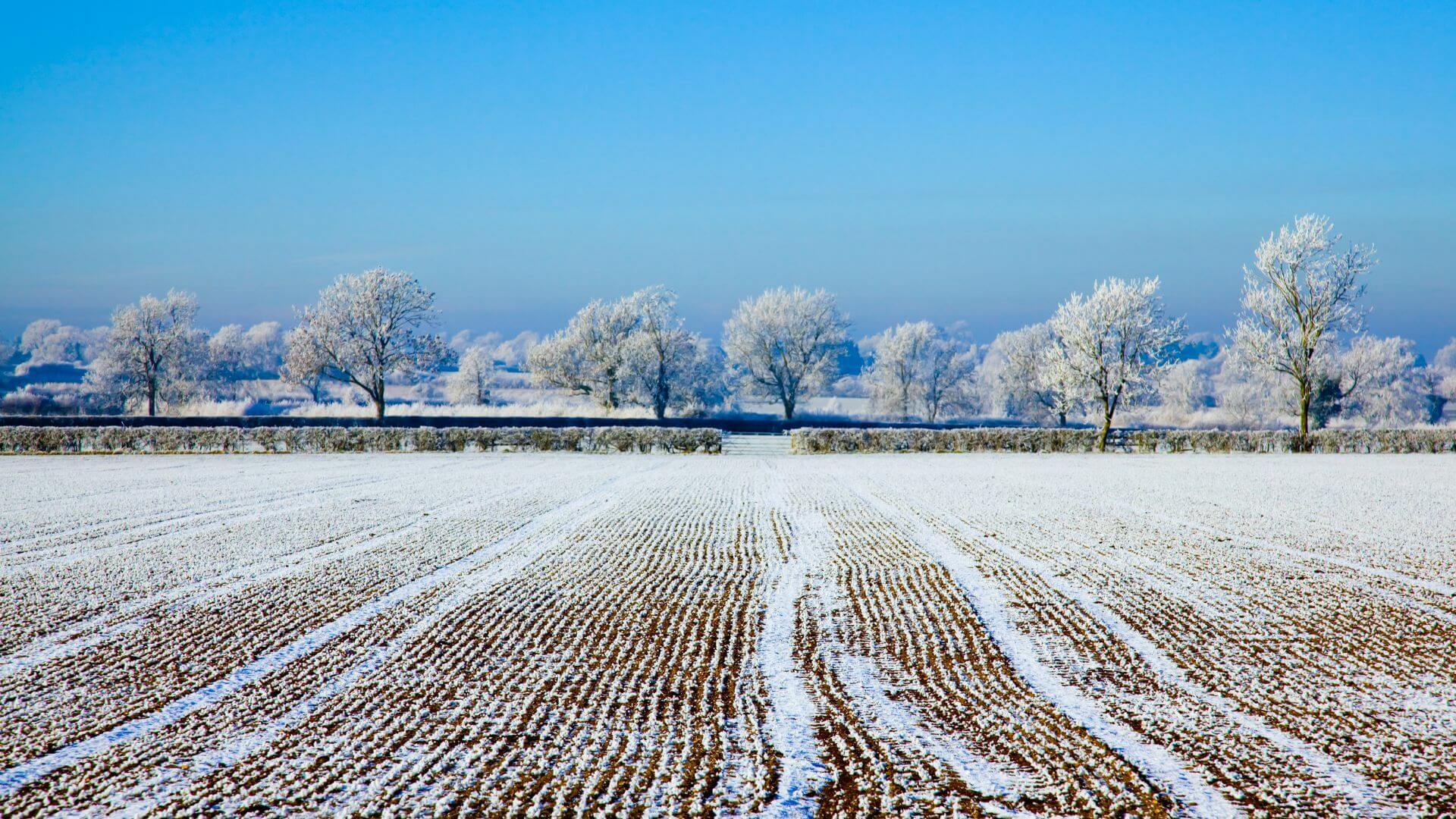 Using Cover Crops to Protect Soil
Using Cover Crops to Protect Soil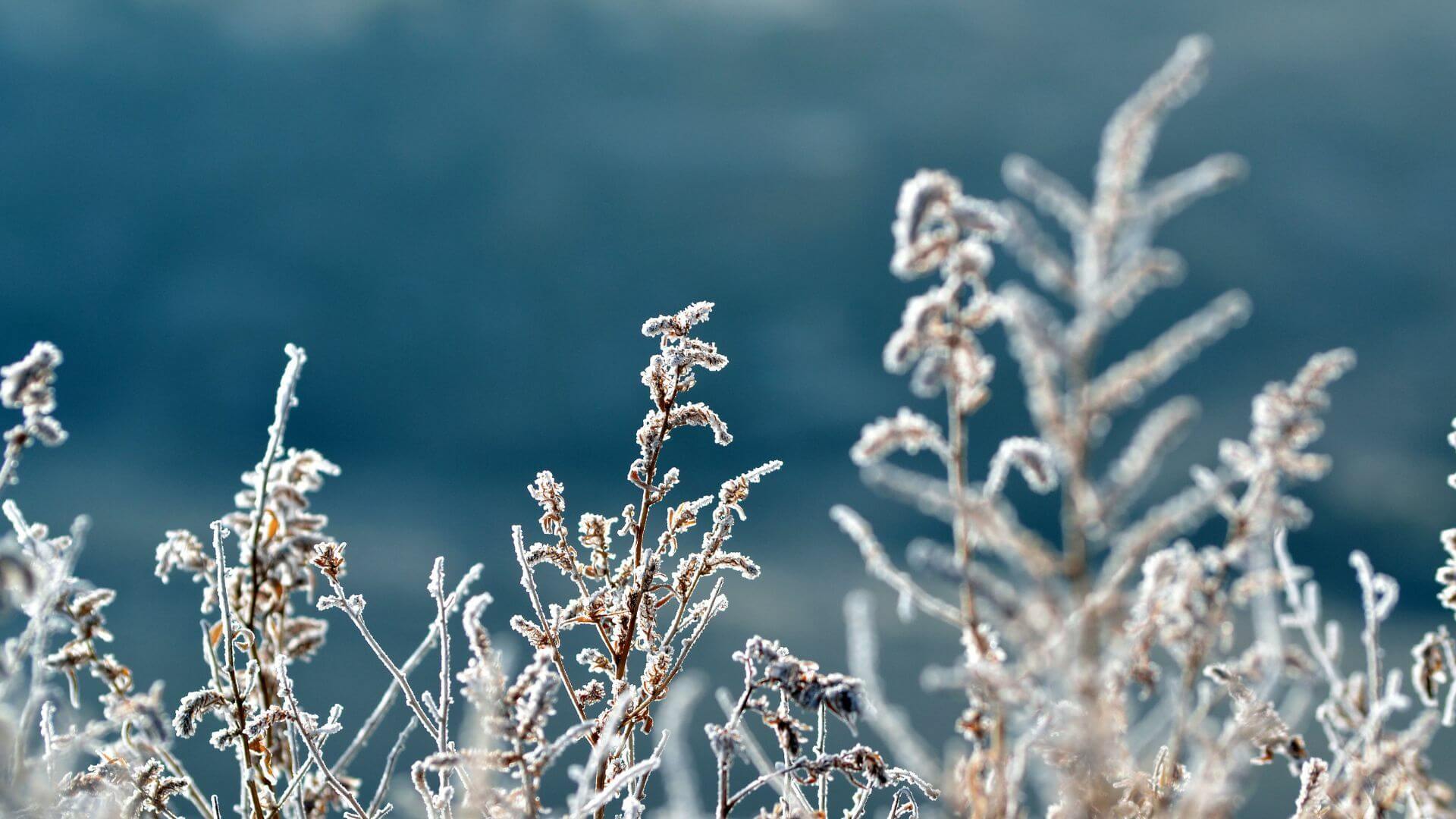 Selecting Robust Crop Varieties
Selecting Robust Crop Varieties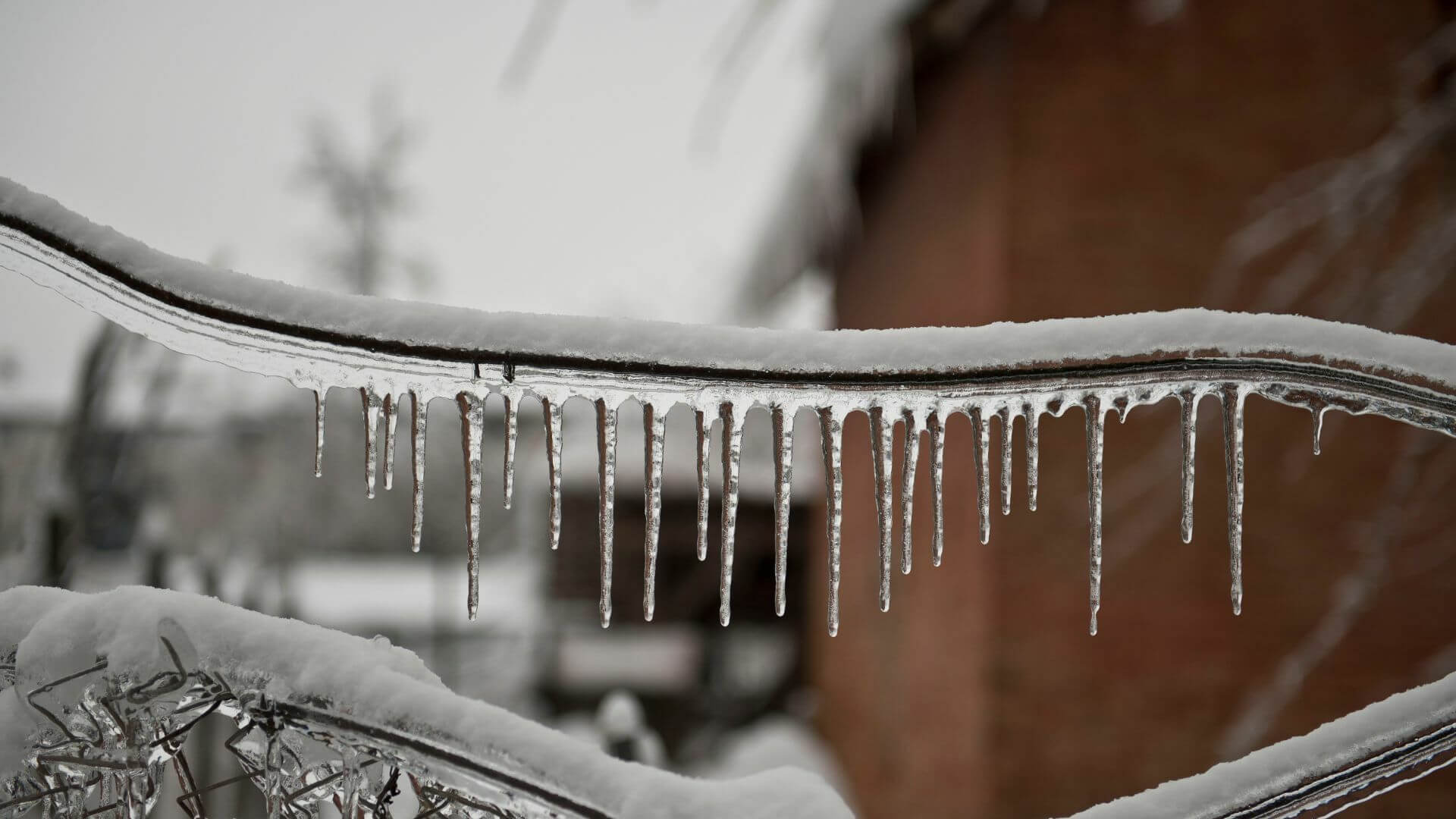 Draining and Winterizing Irrigation Equipment
Draining and Winterizing Irrigation Equipment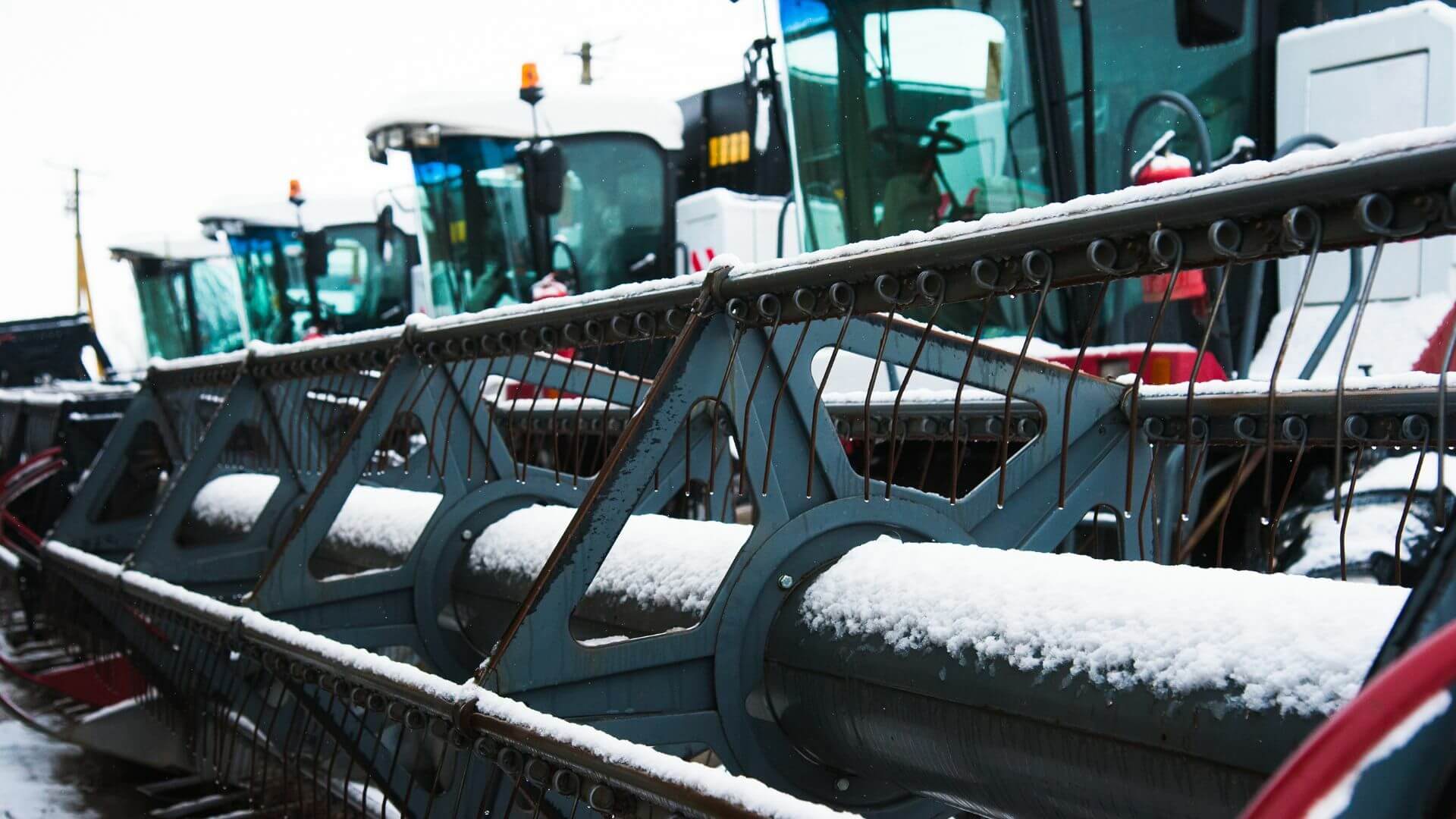 Storing Equipment Safely
Storing Equipment Safely Keeping Wildlife Out
Keeping Wildlife Out